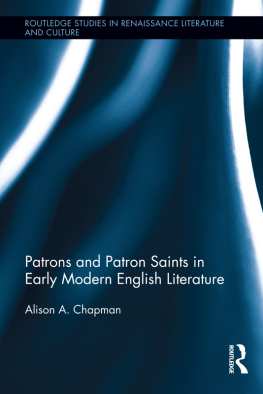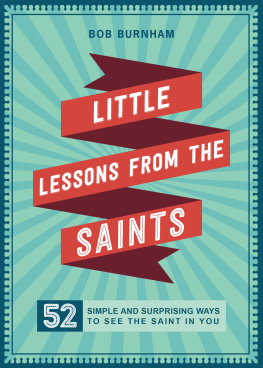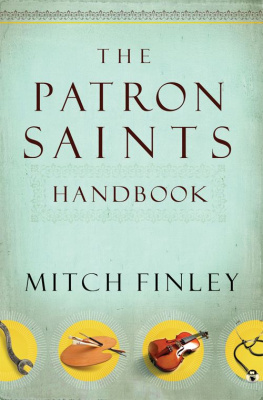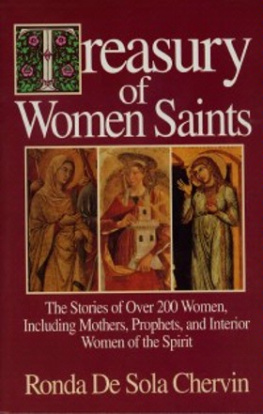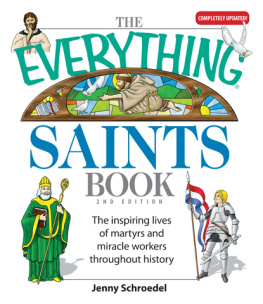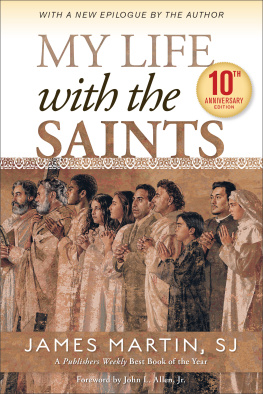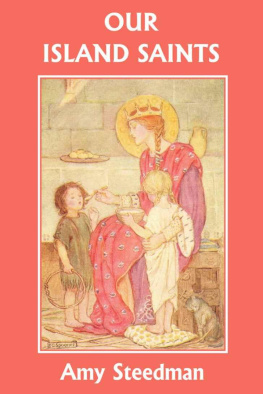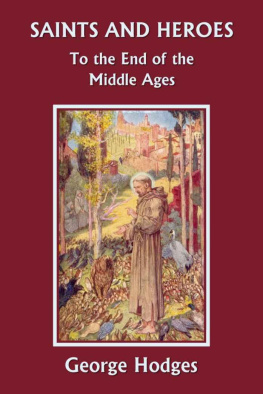Patrons and Patron Saints in Early Modern English Literature
In the medieval world, saints and lords served structurally similar roles, acting as patrons to those beneath them on the spiritual or social ladder with the word patron used to designate both types of elite sponsor. This book argues that this medieval elision of patron saints and patron lords remained a distinctive feature of the early modern English imagination and that it is central to some of the key works of literature in the period. Writers like Jonson, Shakespeare, Spenser, Drayton, Donne, and Milton all use medieval patron saints in order to represent and to challenge early modern ideas of patronagenot just patronage in the narrow sense of the immediate economic relations obtaining between client and sponsor, but also patronage as a society-wide system of obligation and reward that itself crystallized a whole cultures assumptions about order and degree. The works studied in this bookranging from Shakespeares 2 Henry VI, written early in the 1590s, to Miltons Masque Performed at Ludlow Castle, written in 1634are patronage works, either aimed at a specific patron or showing a keen awareness of the larger patronage system. This book challenges the idea that the early modern world had shrugged off its own medieval past, instead arguing that Protestant writers in the period were actively using the medieval Catholic ideal of the saint as a means to represent contemporary systems of hierarchy and dependence. Saints had been the idealand idealizedpatrons of the medieval world and remained so for early modern English recusants. As a result, their legends and iconographies provided early modern Protestant authors with the perfect tool for thinking about the urgent and complex question of who owed allegiance to whom in a rapidly changing world.
Alison A. Chapman is Associate Professor of English at the University of Alabama at Birmingham
Routledge Studies in Renaissance Literature and Culture
1 Stillness in Motion in the Seventeenth-Century Theatre
P. A. Skantze
2 The Popular Culture of Shakespeare, Spenser and Jonson
Mary Ellen Lamb
3 Forgetting in Early Modern English Literature and Culture
Lethes Legacies
Edited by Christopher Ivic and Grant Williams
4 Luce Irigaray and Premodern Culture
Thresholds of History
Edited by Theresa Krier and Elizabeth D. Harvey
5 Writing, Geometry and Space in Seventeenth-Century England and America
Circles in the Sand
Jess Edwards
6 Dramatists and their Manuscripts in the Age of Shakespeare, Jonson, Middleton and Heywood
Authorship, Authority and the Playhouse
Grace Ioppolo
7 Reading the Early Modern Dream
The Terrors of the Night
Edited by Katharine Hodgkin, Michelle O Callaghan, and S. J. Wiseman
8 Fictions of Old Age in Early Modern Literature and Culture
Nina Taunton
9 Performing Race and Torture on the Early Modern Stage
Ayanna Thompson
10 Women, Murder, and Equity in Early Modern England
Randall Martin
11 Staging Early Modern Romance
Prose Fiction, Dramatic Romance, and Shakespeare
Edited by Mary Ellen Lamb and Valerie Wayne
12 The Uses of the Future in Early Modern Europe
Edited by Andrea Brady and Emily Butterworth
13 Making Publics in Early Modern Europe
People, Things, Forms of Knowledge
Edited by Bronwen Wilson and Paul Yachnin
14 Representing the Plague in Early Modern England
Edited by Rebecca Totaro and Ernest B. Gilman
15 Prophecy and Sibylline Imagery in the Renaissance
Shakespeares Sibyls
Jessica L. Malay
16 Ecocriticism and Early Modern English Literature
Green Pastures
Todd A. Borlik
17 Narrative Developments from Chaucer to Defoe
Edited by Gerd Bayer and Ebbe Klitgrd
18 Moral Play and Counterpublic
Transformations in Moral Drama, 14651599
Ineke Murakami
19 Family and the State in Early Modern Revenge Drama
Economies of Vengeance
Chris McMahon
20 Sin and Filth in Medieval Culture
The Devil in the Latrine
Martha Bayless
21 Patrons and Patron Saints in Early Modern English Literature
Alison A. Chapman
Patrons and Patron Saints in Early Modern English Literature
Alison A. Chapman

First published 2013
by Routledge
711 Third Avenue, New York, NY 10017
Simultaneously published in the UK
by Routledge
2 Park Square, Milton Park, Abingdon, Oxon OX14 4RN
Routledge is an imprint of the Taylor & Francis Group, an informa business
2013 Taylor & Francis
The right of Alison A. Chapman to be identified as author of this work has been asserted by her in accordance with sections 77 and 78 of the Copyright, Designs and Patents Act 1988.
All rights reserved. No part of this book may be reprinted or reproduced or utilised in any form or by any electronic, mechanical, or other means, now known or hereafter invented, including photocopying and recording, or in any information storage or retrieval system, without permission in writing from the publishers.
Trademark Notice: Product or corporate names may be trademarks or registered trademarks, and are used only for identification and explanation without intent to infringe.
Library of Congress Cataloging-in-Publication Data
Patrons and patron saints in early modern English literature / by Alison A.
Chapman.
p. cm. (Routledge studies in Renaissance literature and culture ; 21)
Includes bibliographical references and index.
1. English literatureEarly modern, 15001700History and criticism. 2. Authors and patronsEnglandHistory16th century. 3. Authors and patronsEnglandHistory17th century. 4. Christian patron saints. 5. Saints in literature. 6. Religion and literatureEnglandHistory16th century. 7. Religion and literatureEnglandHistory17th century. 8. Literary patronsGreat Britain. I. Title.
PR428.P37C53 2012
820.9'003dc23
2012023848
ISBN13: 978-0-415-65684-9 (hbk)
ISBN13: 978-0-203-07754-2 (ebk)
In memory of Anne and Lee Chapman
Acknowledgements
The process of writing about patrons and patron saints in the early modern world has afforded me the great pleasure of remembering those many individuals who have served as my own benefactors. Foremost among these are two professors and two colleagues. Cynthia L. Lewis at Davidson College first proposed to me the idea that medieval saints remained remarkably current in the early modern world, and I am grateful for her kind mentorship and for the privilege of following in her footsteps. Margreta de Grazia at the University of Pennsylvania still remains my personal model of intellectual rigor and clarity. My colleague and friend Rebecca Ann Bach has generously and incisively read any draft that I put on her desk, and Mimi Fentons warmth, friendship, and knowledge of the seventeenth century have enriched me in more ways than I can easily describe.
It is my pleasure to acknowledge contributions made by many others. Maureen Quilligan read what I thought was a conference paper on Spenser and commented, Theres a book in here, you know. Gary Waller has deepened my thinking with his playful, skeptical intelligence. Julie Crawford and Phebe Jensen have both allowed me to read their own works in manuscript form and have offered useful suggestions on two chapters. John Moore sharpened my understanding of medieval saints, and particularly the cult of Santiago. I offer my thanks to two fine graduate research assistants, Jason Slatton and Ron Guthrie, and also to the staff at University of Alabama at Birminghams Mervyn Sterne Library, particularly Eddie Luster. A Deans grant and a Provosts grant from the University of Alabama at Birmingham provided travel funds and teaching release time that allowed me to complete this book.
Next page
